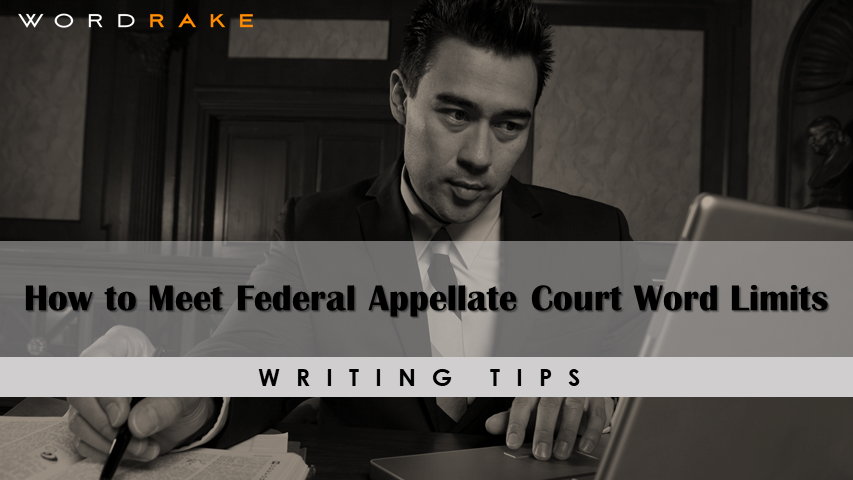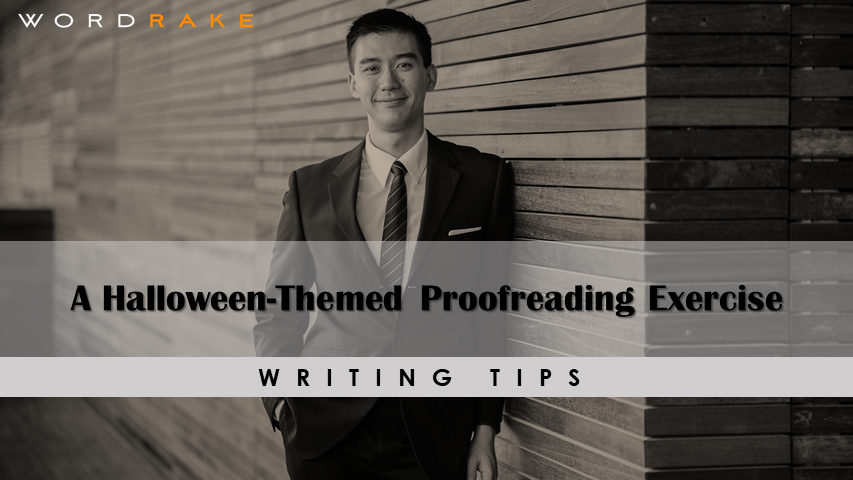The term conditional clause explains itself. Typically, a conditional clause begins with if, when, where, , or because (or one of dozens of similar words) and states a condition that must occur or not occur before something else can occur or not occur, or has already occurred or not occurred, prompting something else to occur or preventing something else from occurring. (I think I said that right.)
Continue readingGary Kinder

Recent Posts
WARNING: This column contains language of a dull nature and may cause drowsiness. Do not read it while fencing, SCUBA diving, ice skating, operating a blender, or riding a bull.]
Continue readingFair or not, readers evaluate what we say by how we say it. If our writing contains typos, we signal to our readers that we don’t care about what we’re saying, and if we don’t care, why should they? Every typo chips away at our credibility.
Continue readingToday we continue our fascinating discussion on how to determine which word in our sentence is the subject. Without knowing that, we can’t match it to our verbs and pronouns, and our reader thinks we don’t know what we’re talking about. But before you fall asleep, I warn you that this is one of those situations where the subject is not easy to find. You will not want to miss this episode.
Continue readingI am sure of one thing: Amid the styrofoam cups and peanut shells in the Star Trek Writers Room, the writers wrestled with one problem more than any other: Is Borg singular or plural?
Continue readingLast week I had one of those nights where you wake up about 2:30 with an old song running through your head and it won’t stop, like Roy Orbison’s Blue Angel or *NSYNC’s Tearin’ Up My Heart. That night it was a song I hadn’t heard in a long, long, long while. If you remember it, you’re either dead, or you got all of the good genes in a family of eight. Here are the lyrics I remember that kept looping through my brain:
Continue readingEach of us is unique. We are not pretty unique, or sort of unique, or comparatively unique; each of us is one of a kind.
Continue readingThe New York Times recently published an article about a new limit of 13,000 words for all briefs filed with federal appellate courts. Lawyers are not happy. “There are cases where the facts are complicated,” complained one, “and where areas of the law are complicated.” In a radio interview, the Ninth Circuit’s Judge Alex Kozinski countered, “The more complex the case, the more the lawyers should strive to make the explanation simple and easy to understand.” Lawyers in over 7000 law firms know WordRake helps.
Continue readingHear that? That’s the sound of an apostrophe. It’s like listening to a hoot owl blink. If we listened to a whole symphony of apostrophes, it would sound the same, like a bunch of hoot owls blinking. Nothing. That’s because apostrophes are not even punctuation, but part of the spelling, little symbols to help guide and inform our eyes. We talk right on by them, and we never hear them:
Continue readingAs promised, I have created another exercise for you to practice your editing skills. The following email contains 38 grammar, spelling, usage, punctuation, homonym, and typo problems. You don’t need to reword or try to improve the writing, ONLY NOTE THE MISTAKES. When you have finished, check your edits by scrolling down to MISTAKES EXPLAINED. Fair or not, our colleagues often judge our capability by noting our carelessness. If you want a promotion, proofread your work.
Continue reading










